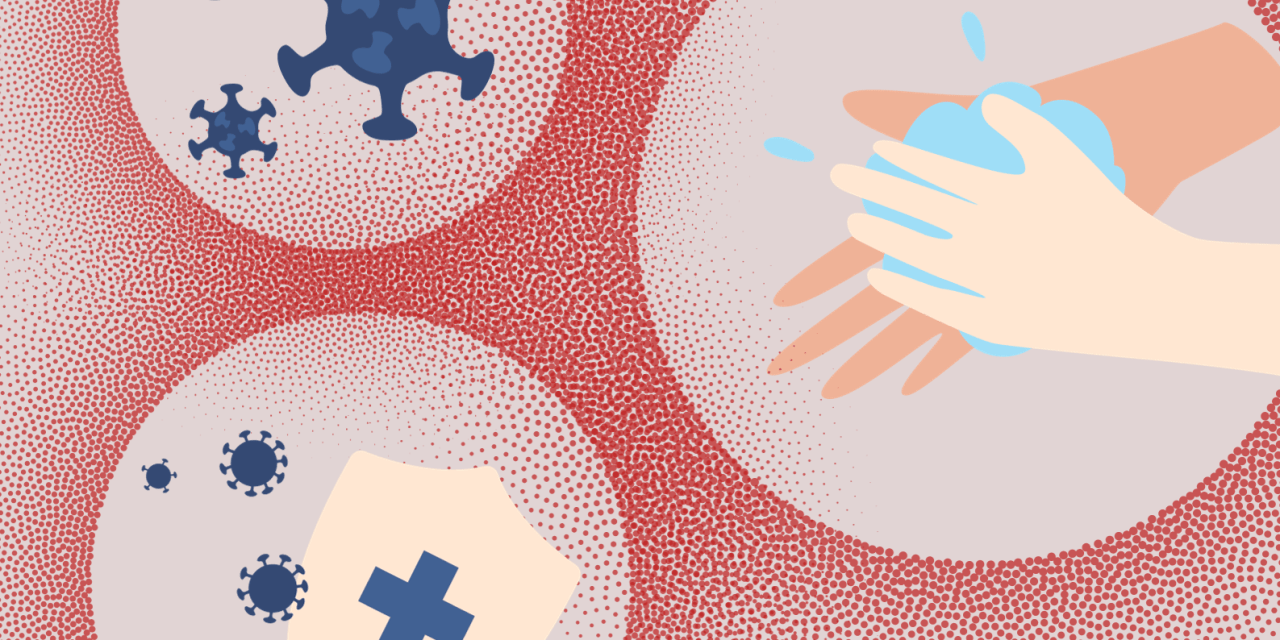What we learned from the pandemic is that masking and social distancing dramatically slowed the need for high response to infectious diseases. Although the era of widespread masking has ended, courteous masking continues. Make sure to wear a mask in public if you’re not feeling well.
What are infectious diseases?
So glad you asked…Infectious diseases are illnesses caused by harmful organisms (pathogens) that get into your body from the outside. Pathogens that cause infectious diseases are viruses, bacteria, fungi, parasites and, rarely, prions. You can get infectious diseases from other people, bug bites and contaminated food, water, or soil.
Symptoms of infectious diseases
Symptoms of infectious diseases depend on the type of illness. Fungal infections usually cause localized symptoms, like rash and itching. Viral and bacterial infections can have symptoms in many areas of your body, like:
- Fever.
- Chills.
- Congestion.
- Cough.
- Fatigue.
- Muscle aches and headache.
- Gastrointestinal symptoms (diarrhea, nausea, vomiting).
How do infectious diseases spread?
Before we look at prevention let’s look at ways it can spread. The mouth, nose and cuts in the skin are common places for pathogens to enter one’s body. Diseases can spread:
- From person to person when you cough or sneeze. (In some cases, droplets from coughing or sneezing can linger in the air)
- From close contact with another person, like kissing or sex.
- By sharing utensils or cups with other people.
- On surfaces like doorknobs, phones, and countertops.
- Through bug (mosquito or tick) or animal bites.
- From contaminated or improperly prepared food or water.
Ways to avoid viral infection
While there are no guarantees to avoiding viral infections, some simple measures such as washing your hands often, using hand sanitizer when you can’t wash your hands, and avoiding touching your eyes, nose, and mouth can help you stay healthy. Also, be sure to eat well, stay active, and get a good night’s sleep.
If you think you are ill you can reach out to Pat Walker Health Center for consultation with one of the physicians at health.uark.edu or by calling 479-575-4451.






Recent Comments